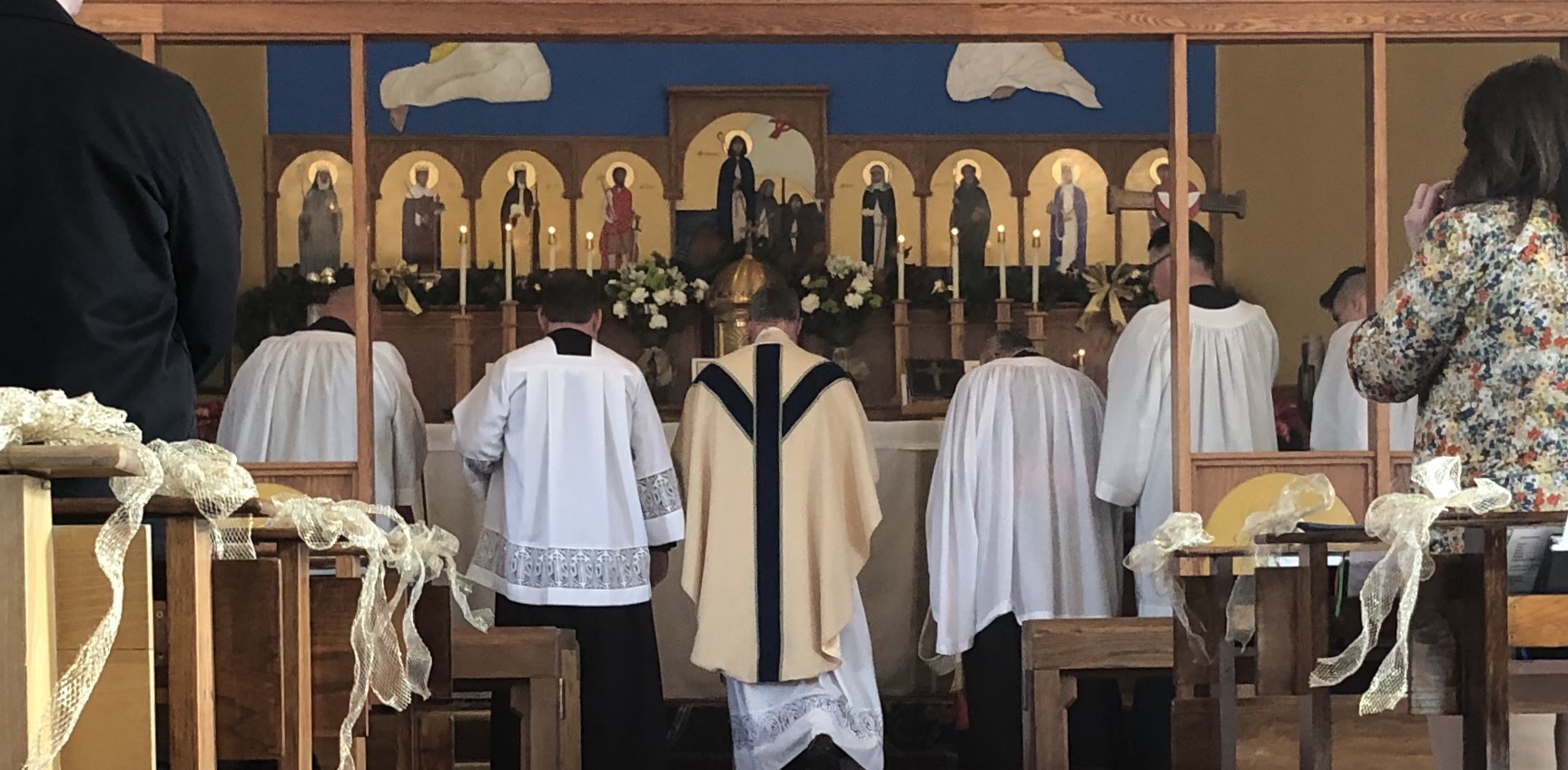| A Brief Overview of Orthodox Christianity The word “orthodox” comes from the Greek language and literally means “correct worship and belief.” In Orthodox Christianity worship and belief are inseparable. As we worship so we believe. The Orthodox Church is neither “Protestant” nor “Roman Catholic” but constitutes a unique reflection of the historic Christian faith. Orthodox Christianity traces its roots, both historical and spiritual, from the time of the Apostles. The Apostle set out to spread the word of the Gospel to the “ends of the earth” and founded Churches throughout Europe, Africa, and Asia. Of course early Christianity centered around the Mediterranean Sea and five cities of Jerusalem, Rome, Antioch, Alexandria, and finally Constantinople, became major centers of Christian leadership. The heads of the Church in these five centers, called Patriarchs, jointly ruled the Church for the first thousand years. For the first three hundred years the Church faced persecution from the Roman government and was under attack from many directions. But, led by the Holy Spirit, the Church prevailed and under the rule of the Emperor Constantine, early in the 4th century, the Church became a legal Roman religion. From that time on the Church flourished, although not without occasional difficulties and assaults both from without and from within. Several attempts were made to distort the teaching of the Apostles and a series of Great Councils were held, which, led by the Holy Spirit, directed the Church in the development of the theology and practice of the Faith. The first of these Councils, held in Nicaea in 325 lead to the eventual development of the Nicene Creed, the fundamental statement of Faith affirmed by Orthodox Christians at every Divine Liturgy from then until now. Over time, for a number of reasons, tension grew between some of the leaders of the Church in the West and in the East. Finally, in 1054 there was an official split between the Church leaders in Rome and the rest of the Church. The Roman Catholic Church became a separate entity and continues to be separate from the Orthodox Church today. Protestant churches developed as breakaway groups from the Roman Catholic Church beginning in the 16th century. The Orthodox Church to day is a worldwide body loosely knit together by common beliefs and practices. It is the second largest Christian body in the world next in size to the Roman Catholic Church. Unlike the Roman Church there is no single “pope” or head of the Church, but the Bishops who act in a collegial manner under the leadership of the various Patriarchs rule the Church. Orthodox Christianity has always seen both Holy Scripture and Holy Tradition as integral parts of the faith and life of the Church. The Bible is a part of the essential foundation of Orthodox Christianity and the services of the Church are rich with the use of scriptural readings and Biblically based traditions. However, Biblical interpretation is always seen in light of the tradition of the early Church Fathers and the Great Councils. The Orthodox Church is a Sacramental Church, recognizing the traditional sacraments of Baptism, Chrismation, Holy Communion, Confession, Unction, Ordination, and Marriage. We understand the Sacraments to be particularly intense opportunities of rich interaction with God working through the Holy Spirit. The spiritual life of the Church revolves around the Sacraments, each working in its own way to bring the faithful to a closer union with God. Accordingly orthodox worship entails a glorious experience of hymns, psalms, prayer, and teaching set in a context of color, incense, music and praise. The Orthodox Church is both modern and ancient. Ancient in regard to beliefs, practices and traditions – but modern in regard to addressing the issues that face all modern people, the struggle for a peaceful and just world, the problems of moral relativism, and both the fears and hopes generated by a world driven by modern technology. |
